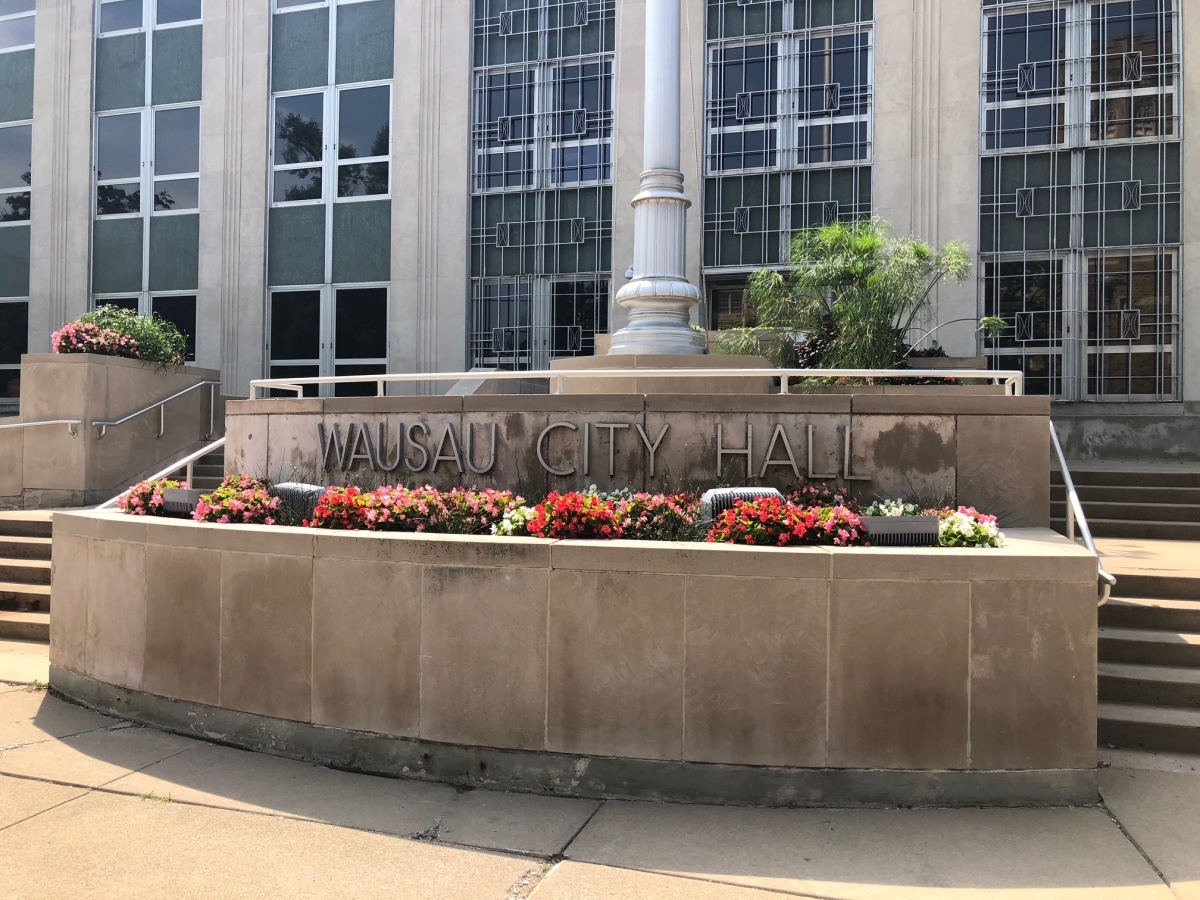Damakant Jayshi
Wausau is sending a strong signal opposing a Republican-sponsored bill in Congress that critics say takes away local control over wireless telecommunication providers and could force additional taxes on residents.
The 11-member Wausau City Council unanimously adopted a resolution opposing H.R. 3557, the “American Broadband Act of 2023,” which has drawn criticism from local government associations and advocacy groups. The bill is sponsored by Republican Rep. Early “Buddy” Carter, of Georgia, and 11 of his party colleagues. None of them are from Wisconsin.
Wausau Economic Development Manager Randy Fifrick told the City Council that cable franchise fees will likely be eliminated as part of this, impacting free access to live city council and other government meetings.
Fifrick told Wausau Pilot & Review that Wausau has received $242,076 in cable franchise fees year-to-date in 2023. Charter and TDS are major contributors.
“One of the things the franchise fees do is they fund our public access channels for both community programming and governmental programming,” Alder Michael Martens said.
Martens added the loss of franchise fees, which are charged to private cable companies as compensation for using public property for cable lines, would limit the council’s ability to air a public meeting in a public forum. Right now, people can access meetings and other streaming services on YouTube even without cable.
Alder Lisa Rasmussen warned that the change would hamper the current level of public access services.
“If we are to maintain that level of service without that funding source, we would have to find an alternative funding source within our budget or pare [down] programming,” she said. “And that alternative fund source may likely be tax levy.”
One of the worries for the city is the lack of local input while the bill was being discussed at the House Committee on Energy and Commerce in the spring.
“Had state or local government representatives been allowed to speak, municipalities surely would have made the committee aware that this bill represents an unprecedented and dangerous usurpation of local government authority to manage public rights-of-way and land use,” the Wausau resolution states.
The bill has also been criticized by advocacy groups.
In September, the National League of Cities, U.S. Conference of Mayors, National Association of Counties and the National Association of Telecommunications Officers and Advisors, NATOA, wrote a joint letter to the top leaders of the Republican and Democratic parties “express(ing) our deep concerns and strong opposition to H.R. 3557, the American Broadband Deployment Act of 2023,” adding the bill “deprives citizens and their local governments of the ability to preserve property rights and maintain public safety.”
In a statement publishing the letter, NATOA said the measure would “preempt local authority to manage our public rights-of-way and public lands’ use for telecommunications infrastructure.”
The organizations also questioned the bill’s intent, pointing out that the proposals included in the legislation have been adopted by a number of states that the Federal Communications Commission says have “the most unserved households in America, thus failing to deliver the benefits proponents of H.R. 3557 claim the legislation would provide.”
These groups say some of the provisions in the bill are impossible to meet or are impractical.
One relates to the local government’s denial of application from a company.
“If a State or local government…has neither granted nor denied a request within the applicable timeframe [90 to 150 days], the request shall be deemed granted on the date on which the government…receives a written notice of the failure to grant or deny from the requesting party,” says the bill.
The proposed legislation also says a “decision by a State or local government…to deny a request to place, construct, or modify a telecommunications service facility shall be publicly released, and provided to the requesting party, on the same day such decision is made.”
Wausau has objected to this provision, terming it “a virtually impossible task.”
Speaking in unison with the advocacy groups, the City Council also objected to substituting the FCC for the local federal district court as the reviewing body for challenging local government decisions. Wausau said this breaks the “promise made by Congress in 1996 that local governments would not be required to travel to Washington to defend local decisions.”
This newspaper reached out to bill’s main sponsor, Rep. Carter, to comment on concerns expressed by Wausau leaders and advocacy groups, and specifically asked him to comment on whether the bill contravenes Republican Party principles of respecting local control and not imposing taxes. He did not answer the questions sent to his listed contact email.

